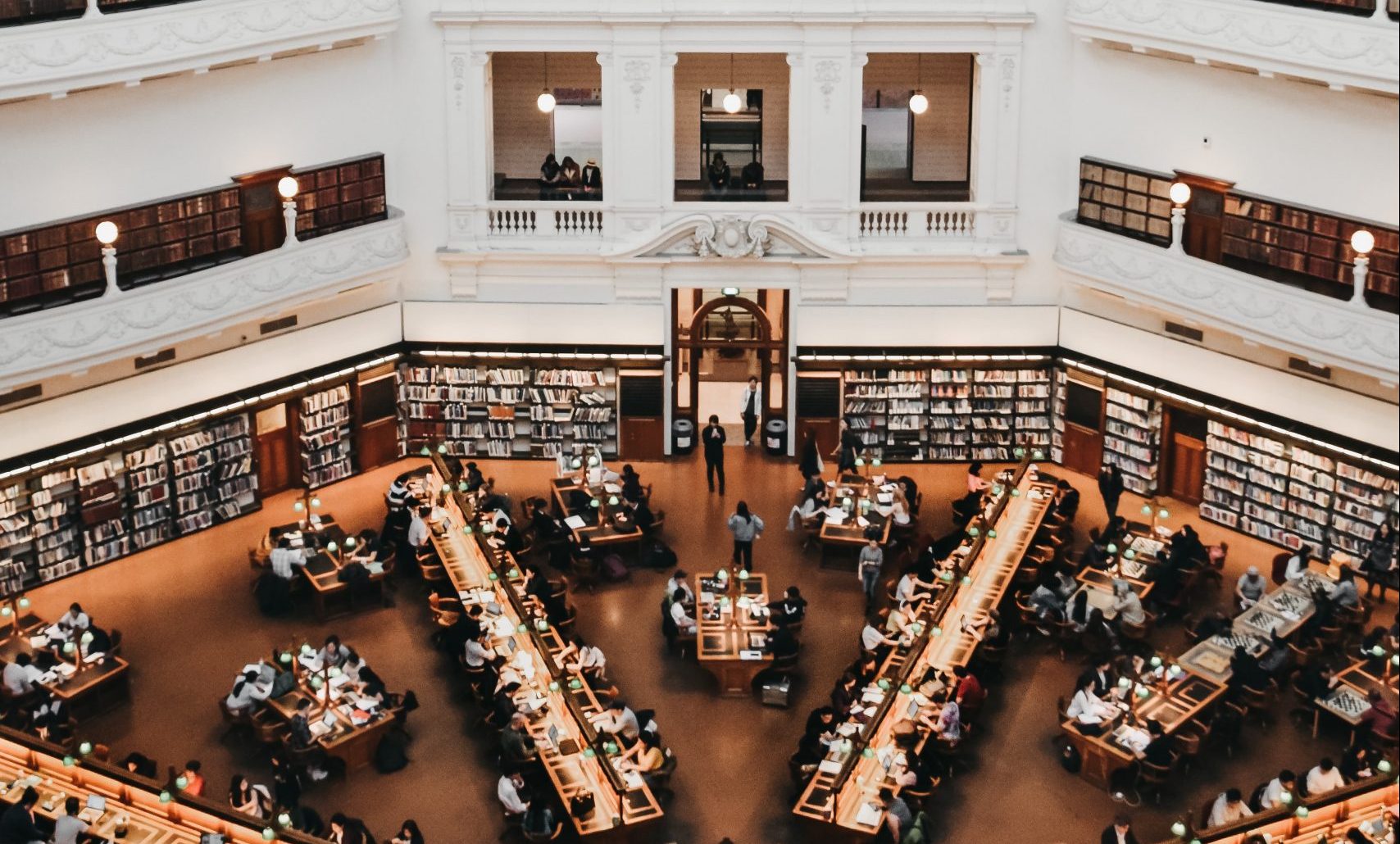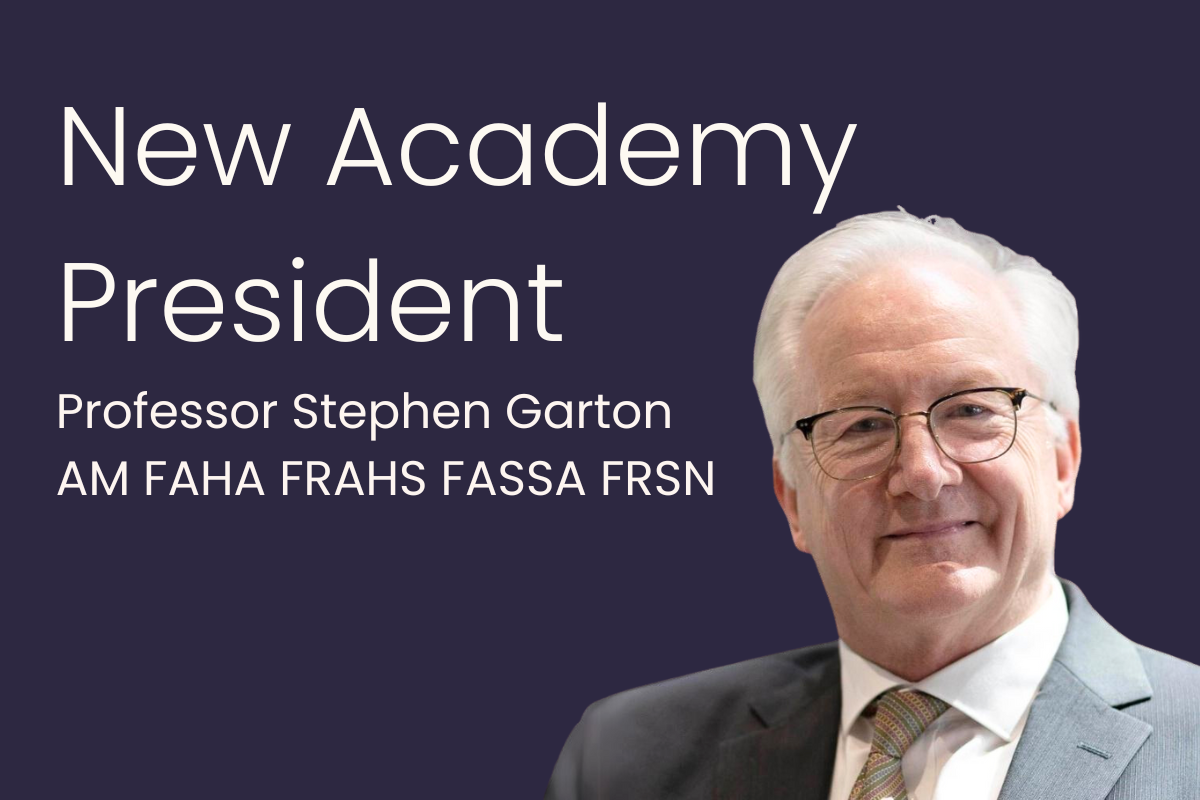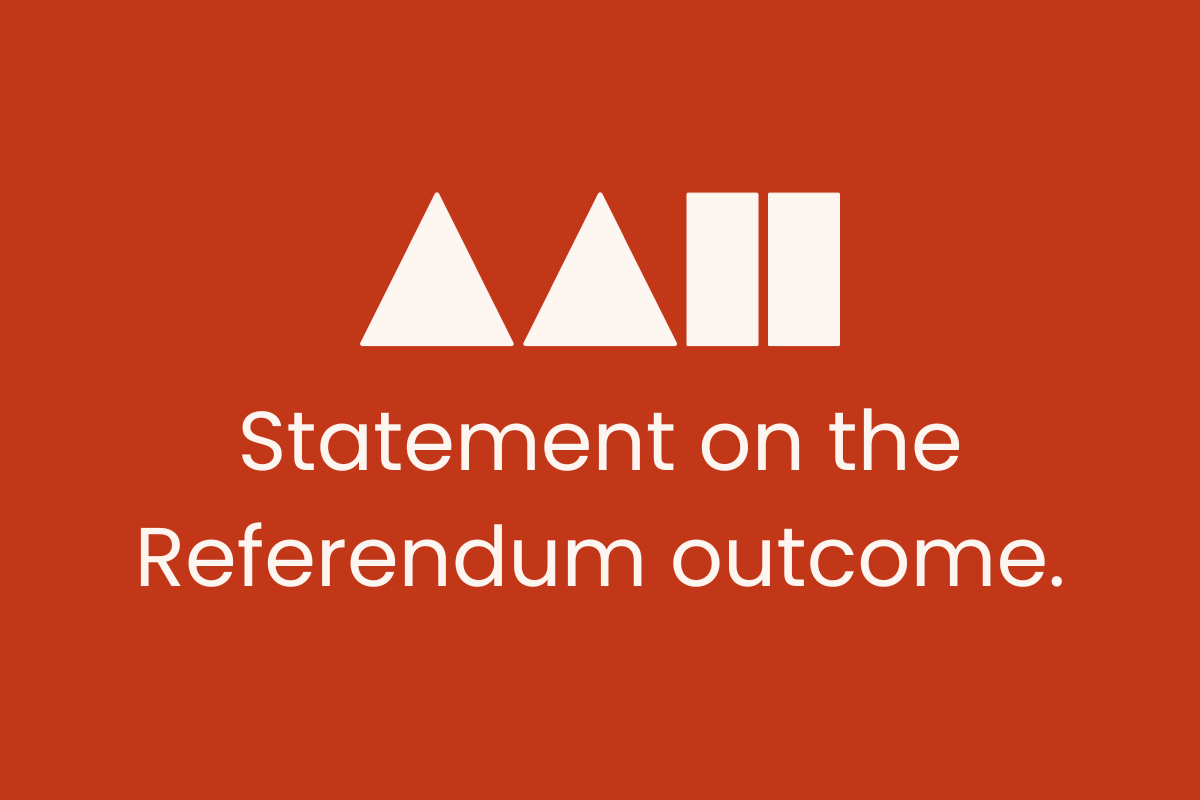
Public trust has declined
Various surveys of Australians over the past decade reveal, however, that we have become increasingly dissatisfied with our lives. Some of us feel left behind, others feel that they don’t belong and many have a growing lack of confidence in how our democracy works for them. Public trust in our traditional democratic institutions – government and the media – as well as confidence in major corporations, has declined to the point that these important pillars of our society have less and less influence on our shared sense of identity.
Working towards solutions
The Australian Academy of the Humanities welcomes the creation of a Senate Inquiry, which will begin its hearings next month, to look into our national and cultural identity, citizenship, social cohesion, multiculturalism, and the impact of globalisation on Australia’s identity. As the national body for the Humanities in Australia, we share the Committee’s concern at the ‘worrying decline of public trust’ in our government and democracy. In our submission to the Senate Inquiry, we recommend using trusted humanities institutions and expertise to help characterise the current problems and begin working towards solutions.
While politicians, journalists and the business community have an important role to play in re-establishing trust, community scepticism in those institutions means that others must step up in the first instance – organisations and sectors that maintain the highest levels of public trust. Two of these are knowledge-based: Australia’s cultural and collecting institutions; and our university system.
The role of universities in rebuilding trust
‘We would urge the Inquiry to consider ways to harness the collective experience and expertise of these sectors in support of re-establishing trust, and building a stronger democratic society in Australia,’ said Academy of the Humanities President, Professor Joy Damousi FASSA FAHA.
‘Our universities literally educate the nation, and they play a fundamental role in the social and economic lives of the communities they serve, including in regional, rural and remote areas.
The majority – more than 606,000 (61 per cent) – of university students are educated in humanities, arts and social sciences (HASS) which generate knowledge and understanding that is invaluable today in responding to our growing global, social, cultural and economic challenges. Any discussions around Australia’s nationhood, national identity and democracy requires the input of problem solvers from our university sector.
The role of cultural institutions in rebuilding trust
Like our universities, Australia’s treasured and highly-respected cultural institutions play a central role in preserving and promoting Australia’s history, culture and democracy.
Our galleries, libraries, archives and museums document and record Australian life. No inquiry into our nationhood can ignore the unique role played by these iconic institutions which collectively seek to tell the story of our nation.
‘Importantly, this sector is a leader in Australia’s digital access, literacy and inclusion agendas, and it plays an increasingly important role in engagement with Aboriginal and Torres Strait Islanders who must be given a voice in this important inquiry into our national identity,’ Professor Damousi said.
Channelling social and cultural expertise into government
The Academy has also identified the need to fill the current void in providing expert advice to government in order to address priority issues for nationhood and democracy raised in this Inquiry.
At present, there is no dedicated mechanism for channelling social and cultural expertise into government. If our politicians are to re-establish community trust, they need to acknowledge and respond honestly and openly to questions about their integrity and adopt new models, seeking new advice, to allow Australia’s nationhood and democracy to again flourish.



